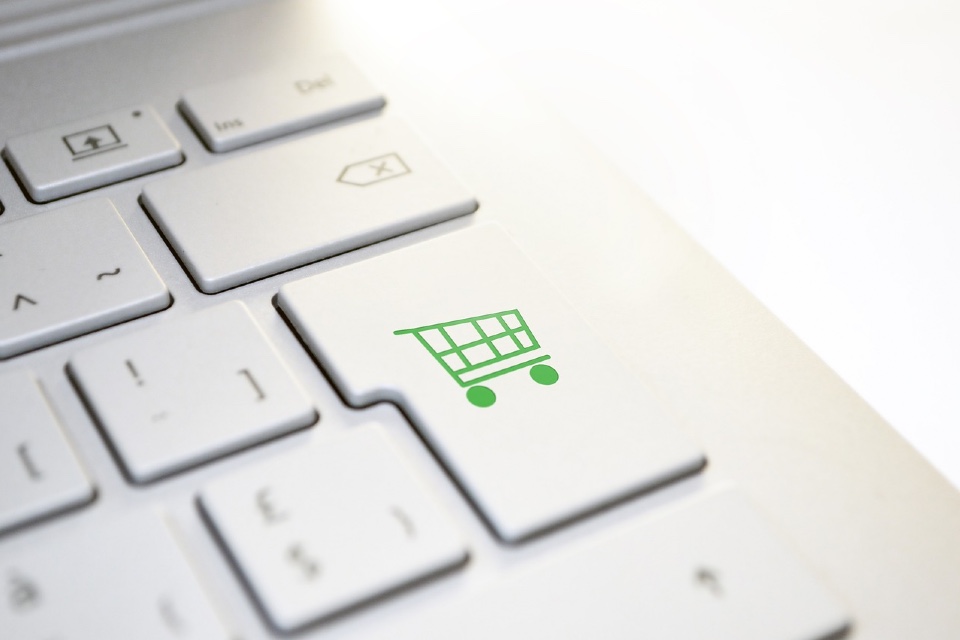By Michiel Schipperus, CEO at Sana Commerce
Covid-19 has had a significant impact on the global retail industry, with sales expected to dip by 5.7% this year. At the same time however, global Amazon sales increased by 26% in Q1 and 40% in Q2, and e-commerce spending in the U.S. grew from 11.8% in Q1 to 16.1% in Q2.
In the UK, Covid-19 is expected to add £5.3bn to UK e-commerce sales this year. These figures demonstrate that industries that were already predominantly focused online have been able to weather the storm more easily than those that were focused on traditional, face to face customer relationships.
McKinsey carried out research looking at the various impacts that Covid-19 has had across the globe and the findings underline the need for businesses to ensure their digitisation strategies are in place for both customer channels and supply chains. In the UK and Europe, 40% of those questioned said that Covid-19 had accelerated the digitisation of their supply chain and 21% said it had significantly accelerated digitisation of customer channels. In North America these stats were 31% and 13% respectively.
While these figures incorporate both consumer and B2B e-commerce growth, it’s still evident that manufacturers, wholesalers and other B2B organisations can benefit from moving sales online. But B2B sales require a very different approach to the customer journey than B2C, so ensuring that the online solution is fit for purpose is key. What approach should businesses take as they start on their digitalisation journey?
Finding the right solution
During this period of increasing uncertainty businesses need to make quick decisions around digital strategies. It’s all about speed to market – getting a business online can be the difference between the business being open or closed. Customers want to know that they are dealing with a reliable business that puts them first, understands their specific requirements and then delivers a personalised approach. Most businesses are keen to get a solution in place now to help them to capitalise on the accelerated need for online sales through an e-commerce solution that simply works. For those that have never had e-commerce before it needs to be straightforward and easy to maintain through cloud based automated updates, enabling businesses to capitalise on existing markets. For those businesses that have a more mature e-commerce offering, it’s all about refining the customer journey to make purchasing a simple as possible.
Make it personal
Key to success is the organisation’s ability to focus on its relationship with its customers. Covid-19 has taught us that customers are seeking reassurance from the people they do business with. This means that a website that is completely self-service must offer the customer such a strong purchasing experience that they do not feel the need to have the personal contact that would have previously been the norm.
People want to do business with businesses they can trust. This means having a platform that delivers personalisation for the end user through flexible design that can be implemented quickly and be customised to specific requirements. Personalisation allows a business to target customers more closely, offering discounts to either a specific group of customers, or on products that are in high demand, for example. It means showing personal payment options and delivery possibilities that are specific to a segment or even an individual customer. Or drawing into a customer’s previous buying patterns to make suggestions, recommendations and advice. It is possible to get your web store live quickly to meet these challenges by using a SaaS solution – meaning it can be built and integrated into your ERP in a matter of days.
Consider your timeframe
Customers expect swift response times, even in the world of B2B. If you are not able to provide them with this, it is likely they will go to a competitor so choose a webstore solution that’s responsive. Consider looking for a site that is built on single-page application (SPA) designed for B2B, creating dynamically loading pages and not rebuilding each time visitors navigate to a new page. This improves the overall customer experience and enables them to get to where they want to go on your site much faster meaning time to basket can be reduced.
Integrate your ERP
Integration with a company’s ERP systems is crucial as this ensures that existing data, such as stock availability, personalised pricing options, and order history, are instantly reflected in the online store, eliminating errors and delays and delivering a reliable online experience. Businesses should seek a solution that provides the maximum amount of flexibility. One that offers headless-ready e-commerce is the best approach here as it means it can be integrated with ERP system(s) in the back end whilst using other platforms for the customer front end. This is important as it opens up opportunities for the additions of applications such as voice or even barcode scanners in the future. This type of solution helps to create a seamless, personalised customer experience – enabling businesses to foster long lasting relationships even once the global pandemic is under control.
The current climate is impacting every business, no matter what industry they are in. The days of face to face buying and selling may become a thing of the past and the need to be able to deliver that personal service through e-commerce is increasingly important. While it may be tempting to rush to find a solution, particularly when faced with the threat of losing customers, it is vital to carefully consider the best possible solutions available at this time. This considered approach will allow businesses to secure their current customer base whilst setting themselves up for a successful online future.







